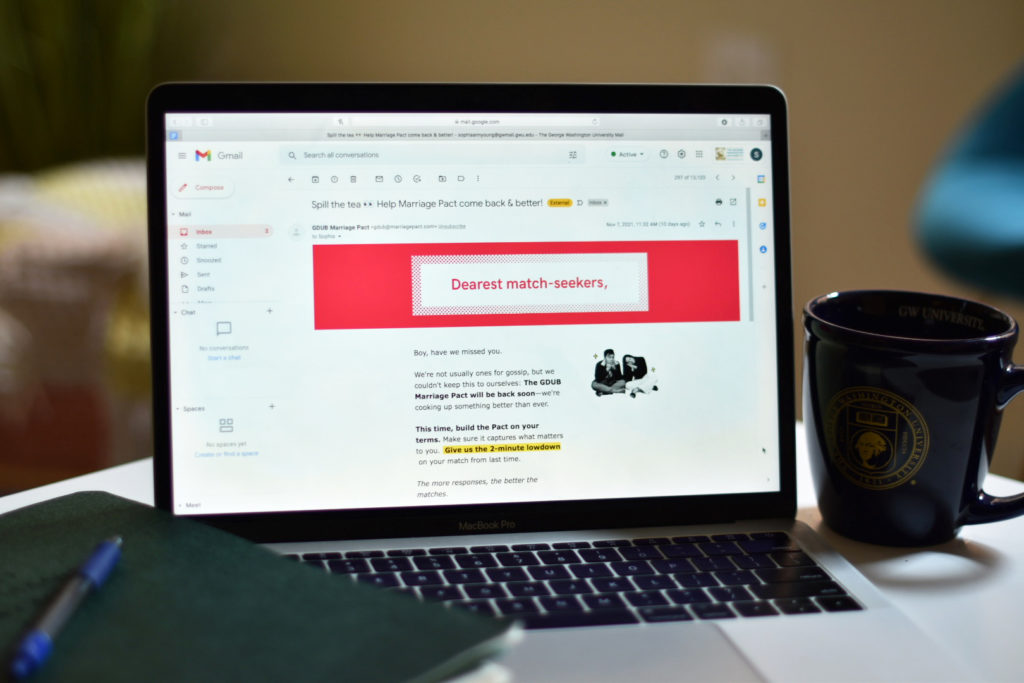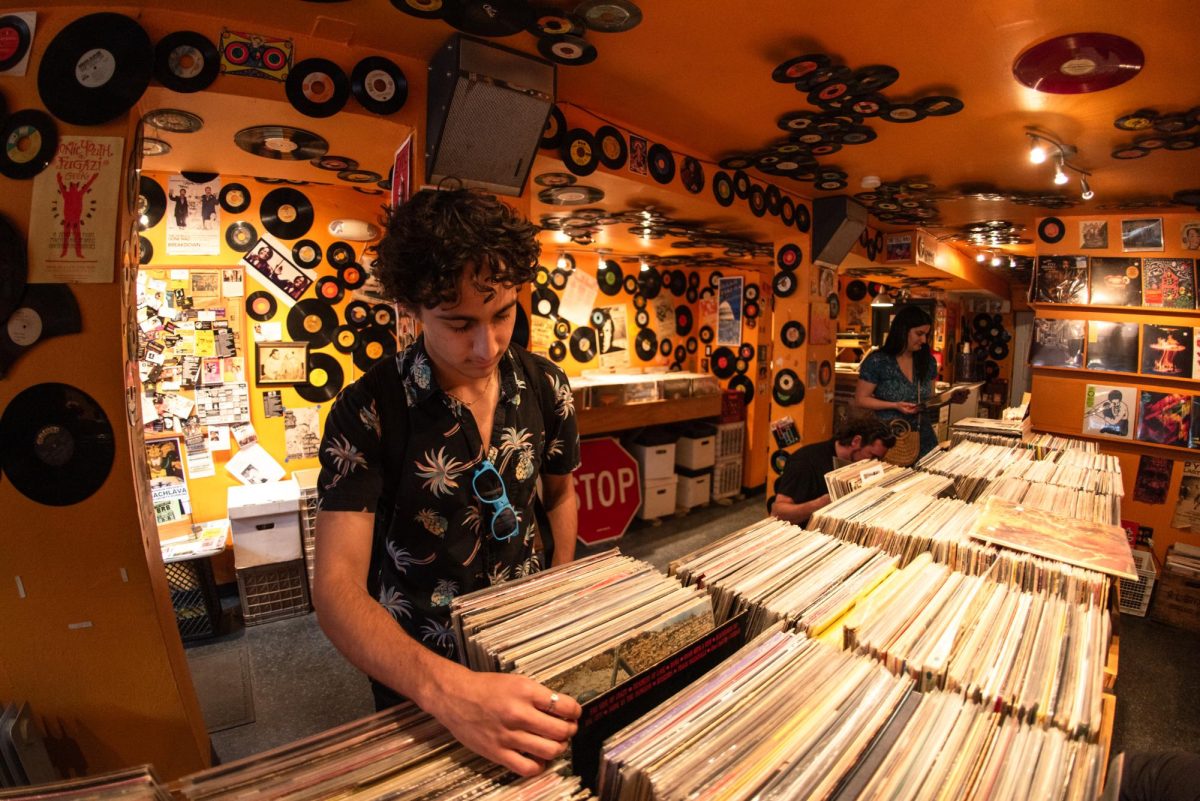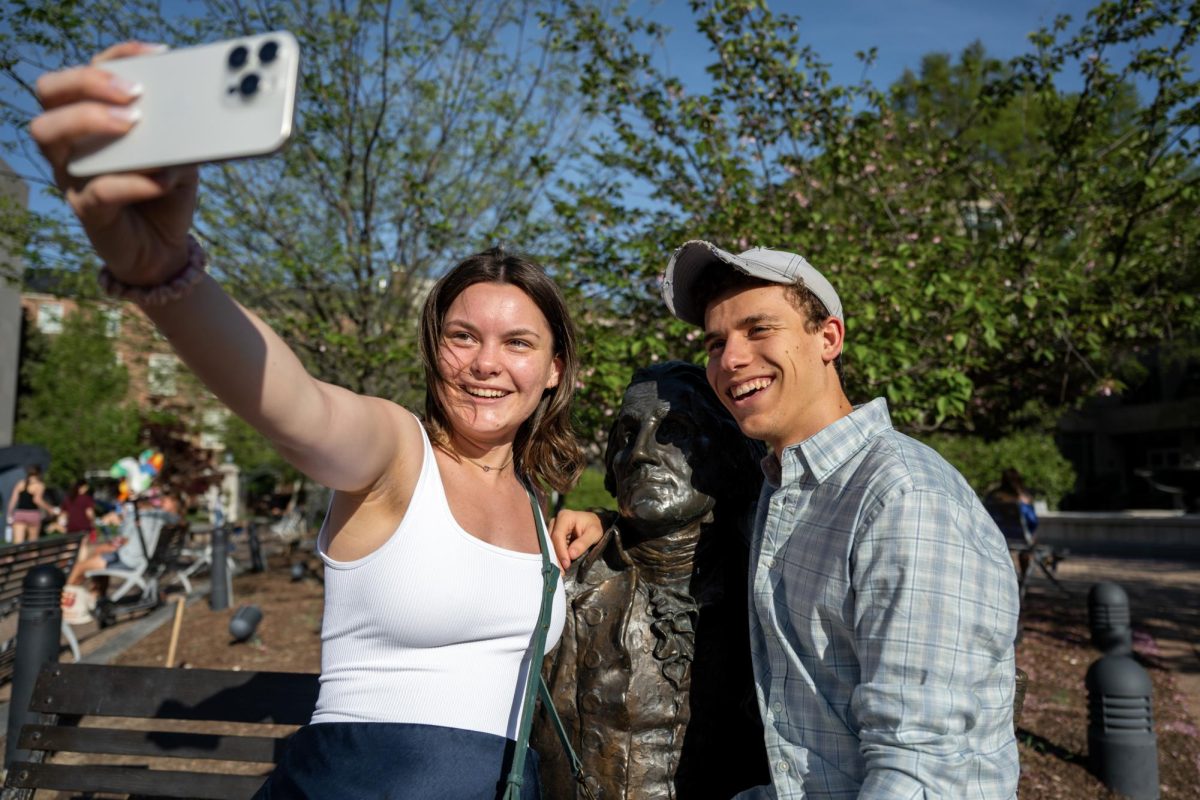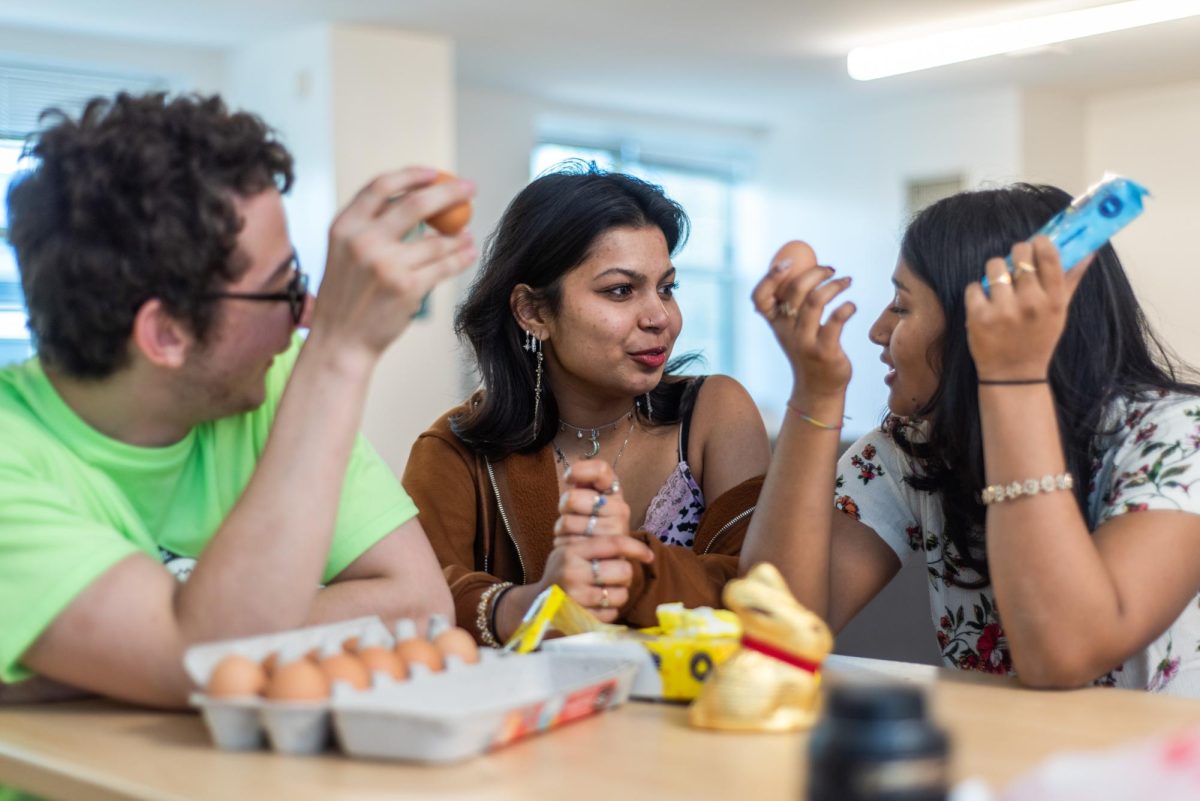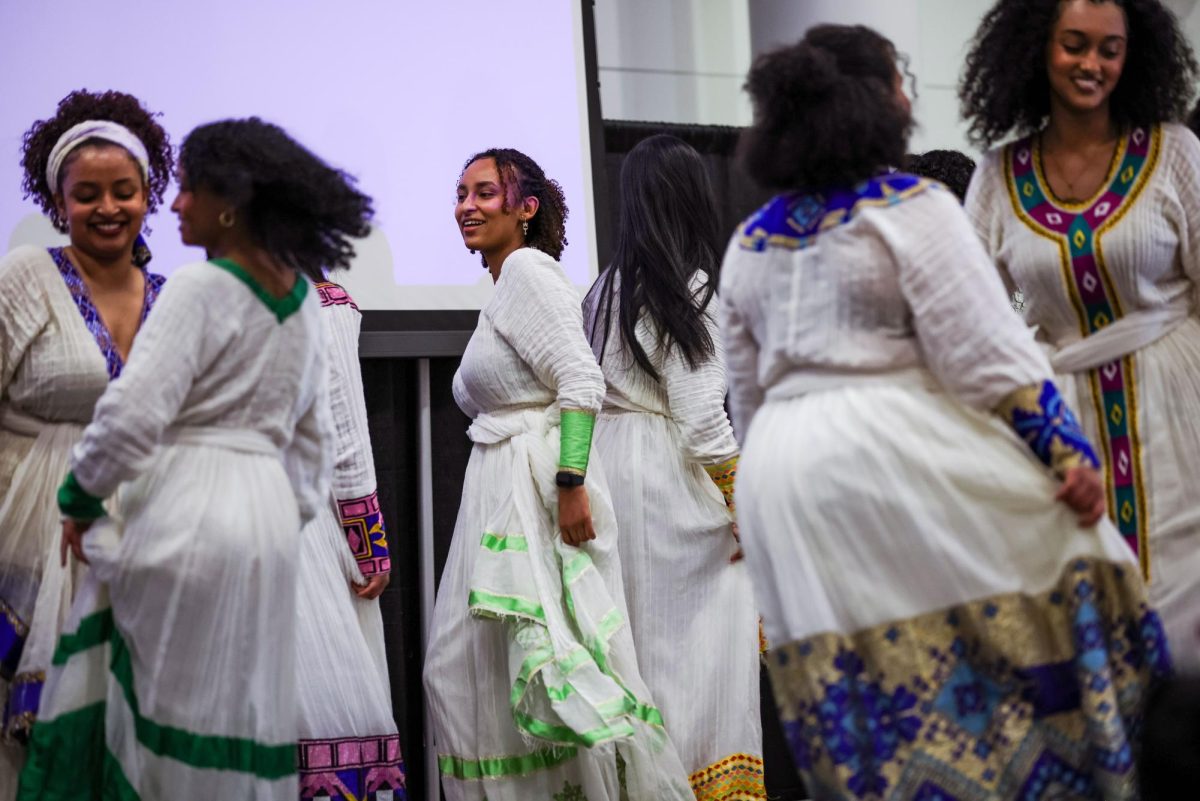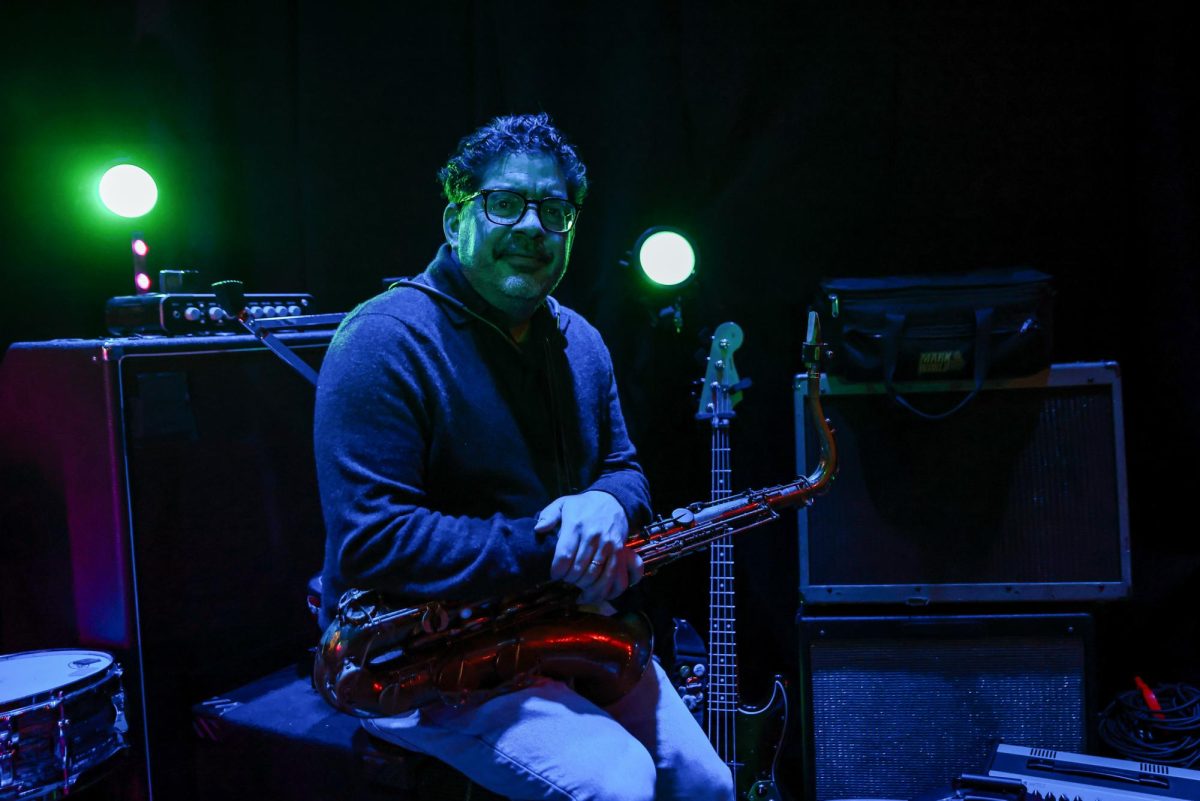Whether it’s a casual friend, a perfectly compatible romantic partner or something in between, students are optimistic to find a new peer to meet on campus as the GDUB Marriage Pact unveils matches for its second launch this week.
The Marriage Pact, a questionnaire consisting of about 50 personality-related questions, garnered widespread attention from more than 4,200 students last semester as a means to match students with their most compatible partner. Students, who said they are “underwhelmed” by GW’s dating culture, said they are looking forward to meeting their new matches after failing to hit it off with their initial pairings last semester.
Kerrie Finegan, one of three students running the GDUB Marriage Pact, said the group relaunched the questionnaire this semester so that the Marriage Pact would release close to the same time as Georgetown and American University launched their versions. She said the new edition of the Marriage Pact features updated questions the organizers found relevant to the GW community.
“I really hope that since we are in person, people are actually going to meet up with their pact and maybe start dating, maybe find better friends,” Finegan said. “I think that’s definitely an advantage to being in person is that it can be more of a real thing.”
She said the relaunched Marriage Pact, which released matches Wednesday evening, received responses from more than 3,500 undergraduates, and she hopes to offer the questionnaire to students annually.
Finegan said while preparing for both launches, she and the group sifted through a list of questions and chose to add specific inquiries that particularly pertained to GW’s community. She said some of the new additions include “I am against Greek Life,” because a “lot” of students are “not necessarily the biggest fans” of Greek Life, and “I can’t stand people who play Devil’s Advocate,” as a nod to the controversial tendency for students in the Elliott School of International Affairs to volunteer to argue the unpopular opinion in class.
She said these personalized versions of the Pact, curated for GW students, act as a way of “celebrating” GW culture. She said responses to new statements like “I talk to my Uber drivers on every ride” can reveal a lot about campus culture.
“The talking to Uber driver question was just really fun because it really shows whether a person can be talkative, spontaneous or very friendly, or if they are more introverted and keep to themselves,” Finegan said in an email.
John Hicks, a junior from Elkin, N.C., said he has experienced difficulties finding a partner within the D.C. gay community. He said he finds the community “shallow” because without a certain type of “physique” or adhering to a busy social life involving partying and clubbing it’s easy to feel like you don’t fit in.
“If you’re not in the ‘it group,’ you have a harder time connecting with people,” Hicks said. “So definitely I think if you don’t fit a certain stereotype, especially in the gay community, it’s harder for you to find those connections.”
Hicks said outside of the questionnaire, the GDUB Marriage Pact Instagram page, which features comical posts and stories about GW dating culture, provides a sense of “camaraderie” for students who are all going through the same “sucky” situation. He said while the questionnaire provides “hope” for students looking to find a match, Marriage Pact also helps students still struggling with feeling “alone” after returning back to in-person instruction.
“It’s fun and if you get a relationship out of it, great,” he said. “But it’s still something that can keep your interests and hopes alive for a little bit.”
Celia Luling, a junior from Medford, N.J., said she noticed the new version of the questionnaire poses more “refined” questions relevant to students about the environment and political activism that connect more with the GW community.
Luling said she finds dating at GW difficult because of the high female-to-male ratio of students at the University, which U.S. News reported as a 64% female, 36% male split as of fall 2020. She said while she did not communicate with her initial match from the spring, she thinks Marriage Pact will have more potential in an in-person environment than it did during the virtual spring semester.
“I don’t think it’s truly telling of the impact it could have, because no one was really around on campus, and if you were, you were still isolated in this COVID world,” Luling said. “So I think the fall has really given us a chance to really see how much will actually come of it.”
Alexander Robinson, a sophomore from Athens, Ga., said when the initial version of the Marriage Pact rolled out last spring, he was “excited” by the opportunity to meet someone new at GW after spending his entire freshman year at home. He said he spoke with his original match online, but ultimately did not maintain contact.
He said in the second go-around, he hopeful at the prospect of a potential match.
“Meeting new people is always a good thing,” Robinson said. “So meeting someone else, someone who I can hold a conversation with, that’s always a win.”
Anna Boone contributed reporting.


